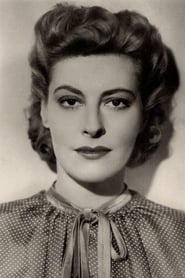
Marianne Hoppe
Acting
🎂 1909-04-26
Born in Rostock, Hoppe became a leading lady of stage and films in Germany. She was born into a wealthy landowning family and was initially privately educated on her father's private estate. Later she attended school in Berlin and in Weimar, where she began to attend theatre.[1] Hoppe first performed at 17 as a member of Berlin's Deutsches Theater under director Max Reinhardt. In 1935 she was hired by the controversial German actor and Director of the Prussian State Theatre under the Third Reich, Gustav Gründgens. They were married from 1936-46, until their divorce. Speaking years after the marriage had ended Hoppe stated, "He was my love, but never my great love, that was work."[1] One of the characters in the film Mephisto was reportedly based on her. Hoppe made no secret of her contacts with the Nazi elite in the 1930s/40s, including being invited to dinner by Hitler.[2] Her role in Der Schimmelreiter (The Rider of the White Horse, 1934) made her famous almost overnight, while her "Aryan" face made her a darling of the Nazi elite.[1] Later Hoppe would label this period of her life as "the black page in my golden book".[1] During her time acting at the home of the Prussian State Theatre, the Schauspielhaus, Hoppe developed her analytical approach to acting, which she stated consisted in her "taking apart every sentence" and giving the use of language a brilliance. This method was to be associated with Hoppe throughout her working life.[1] In 1946 her only child, Benedikt Johann Percy Gründgens, was born. Four years later after her divorce from Gründgens, Hoppe had a great success as Blanche Dubois in Tennessee Williams's A Streetcar Named Desire, and increasingly played avant-garde roles, written by authors such as Heiner Muller (Quartett, 1994) and Thomas Bernhard, who became her partner in private life as well. She became a favourite of the young and iconoclastic directors Claus Peymann, Robert Wilson and Frank Castorf. Hoppe died in Siegsdorf, Bavaria, in 2002 from natural causes, aged 93. "German theater has lost its queen", said Claus Peymann of the Berliner Ensemble, whose theatre featured Hoppe's last performance, in Bertolt Brecht's Resistible Rise of Arturo Ui, in December 1997.[2] In one of her last interviews Hoppe stated, "I have a go at happiness every day. That takes discipline, a virtue every halfway decent actor should have."
Cast credits(84)
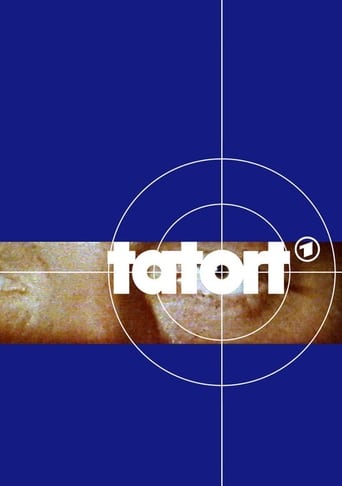
Witness
1970
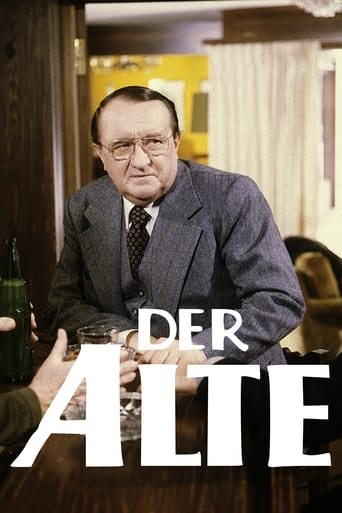
Johanna Martinek
1977

Charlotte Steinburger
1977
Self
1984

Self
1948
Self
1964
Self
1955
Self
1974
Self
1998
Self
1951
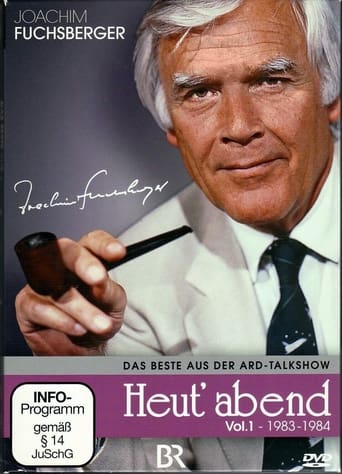
Self
1980
Self
1979
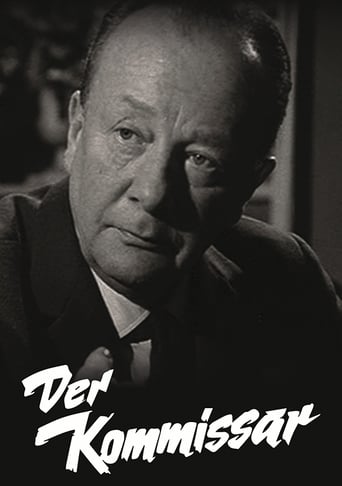
Johanna Blago
1969

Lotte Boszilke
1969

Amalie Schöndorf
1969

Charlotte Echte
1969

Gräfin Hohenlohe
1988
Marianne
1983
Selma Selig
1967
Self
1989
Frau Weinstein
1991
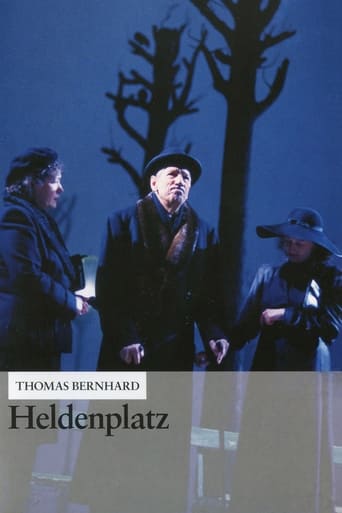
Hedwig Schuster
1989
Henriette Flamm
1962

Mrs. Butler
1962
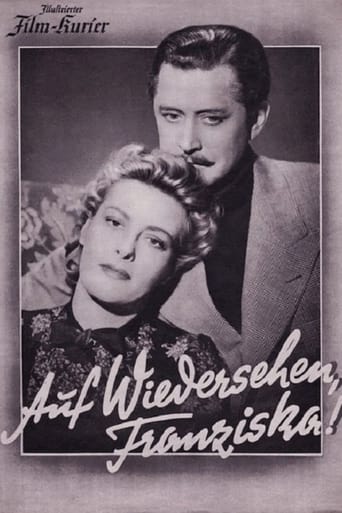
Franziska Tiemann
1941
Zweite Frau Professor
1984
Edna Selby
1964
Patricia Taylor
1964

Various Roles (archive footage)
2017
Elisabeth v. Ardenne
1981
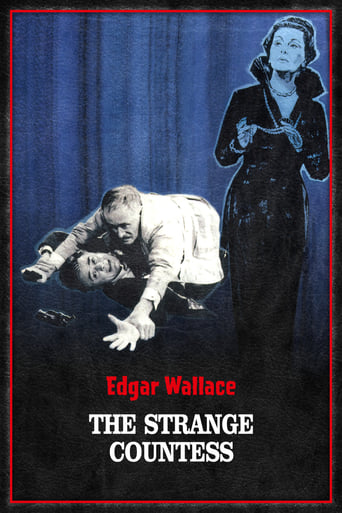
Mary Pinder, verw. Moron
1961
Die Zeit
1965
Generalin
1962

Self
1979
Tante Thea
1975
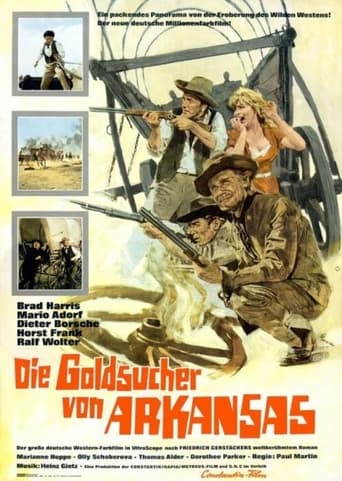
Mrs. Brendel
1964
Self
1986

Renate Brinkmann
1939
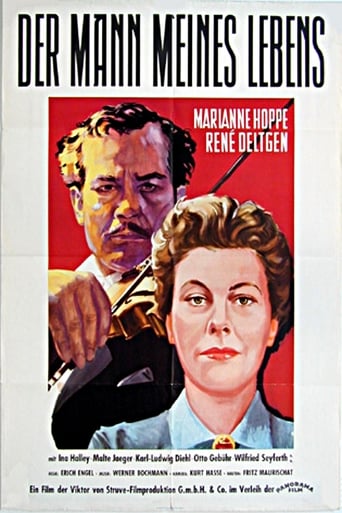
Helga Dargatter
1954
Self
1990
Self
1964
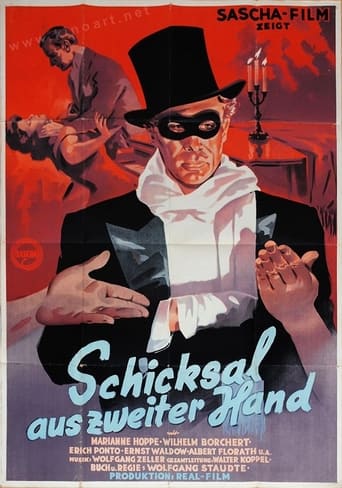
Irene Scholz
1949
Madame Hunter
1966
Präsidentin
1975
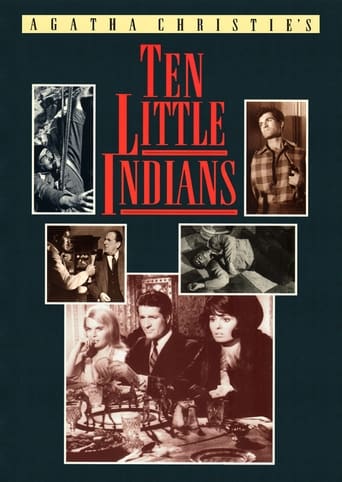
Elsa Grohmann
1965
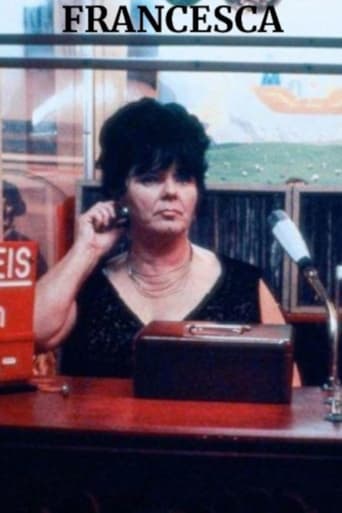
Herself
1987
Herzogin von Gloster
1968
Self
1983
Self
1967
Iokasta
1963
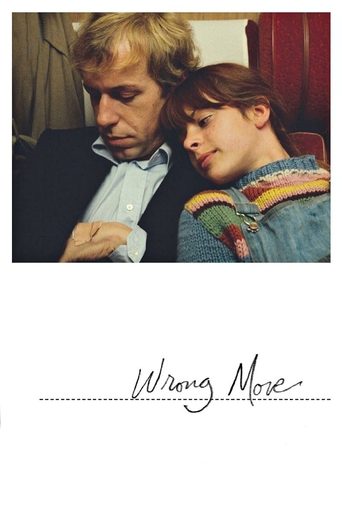
Mother
1975
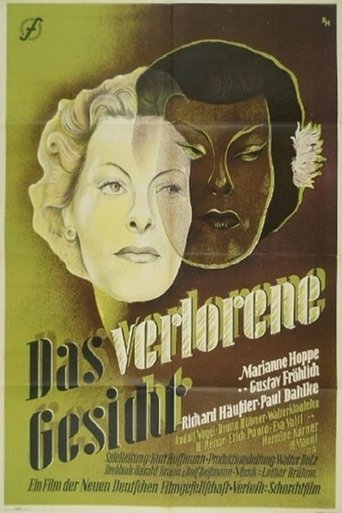
Johanna Stegen alias Luscha
1948

Madeleine
1943
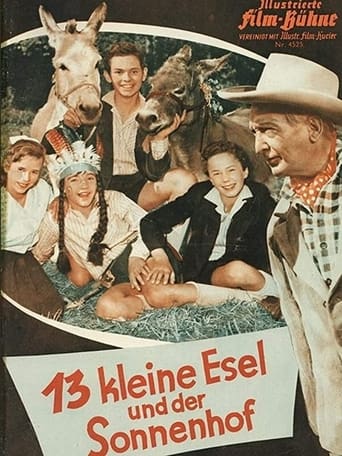
Martha Krapp
1958
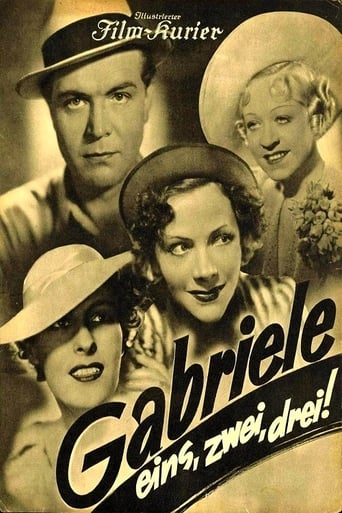
Gabriele Brodersen
1937
Julia Bach
1944
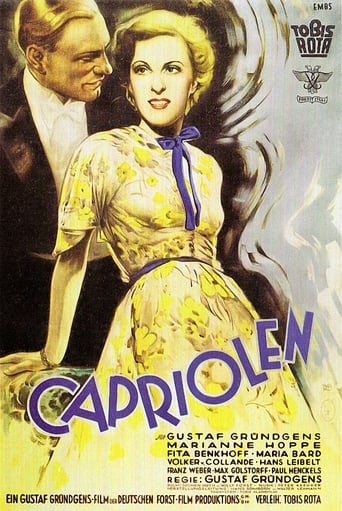
Mabel Atkinson
1937
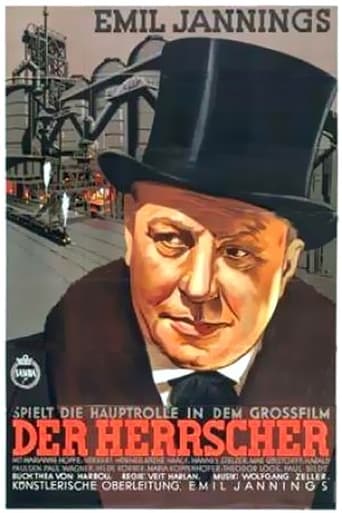
Inken Peters
1937
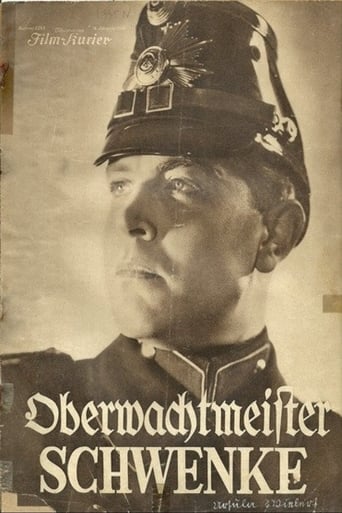
Maria Schönborn, Verkäuferin im Blumenhaus Floris
1935
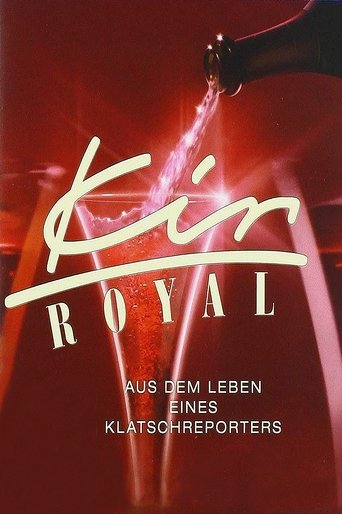
Claire Maetzig
1986
Mutter
1981
Self
1963
Thea Ammer
1988
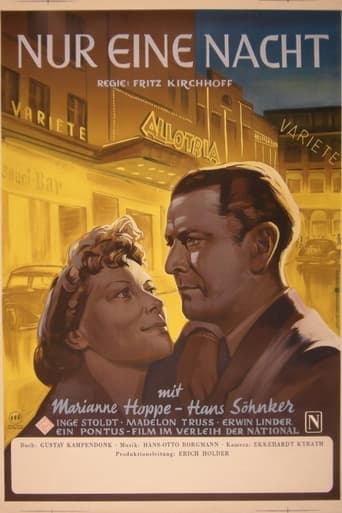
die Frau
1950
Felicitas Iversen
1942
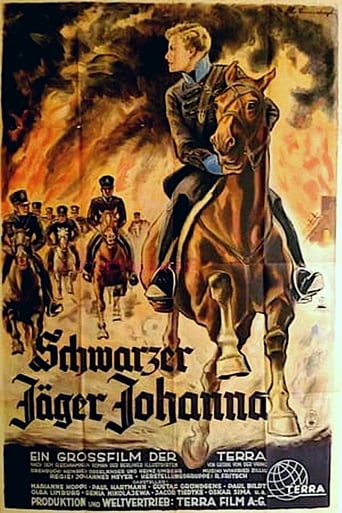
Johanna Luerssen
1934
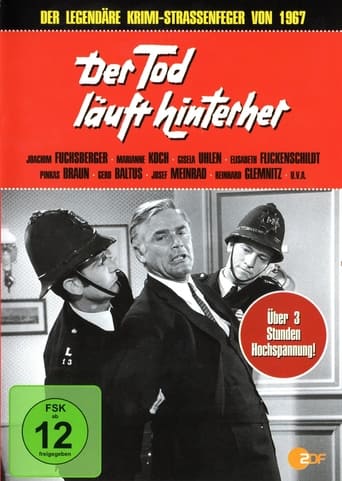
Madame Brassac
1967
1989
Augusta
1965
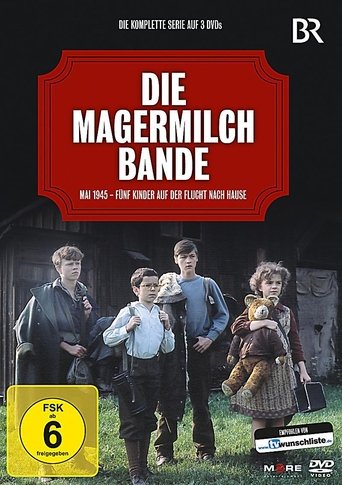
Tante Doda
1979
Maximiliane
1991
Mrs. Bryant
1969
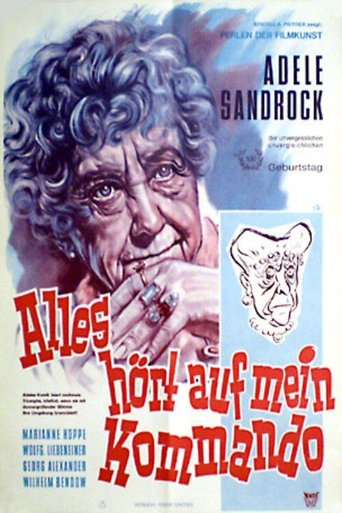
Hella Bergson
1935
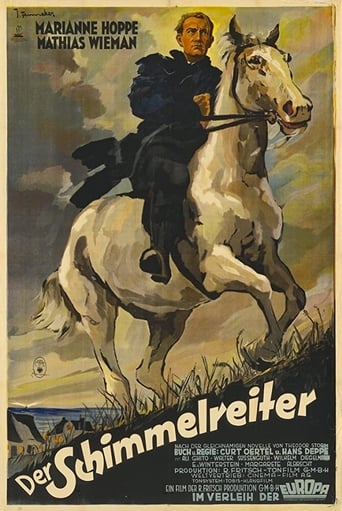
Elke Volkerts
1934
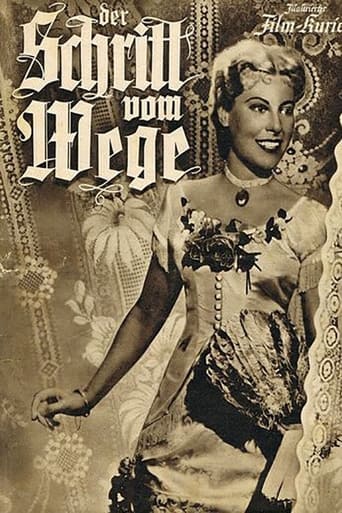
Effi Briest
1939
Regine Kessler
1935
Lenore Carius
1945
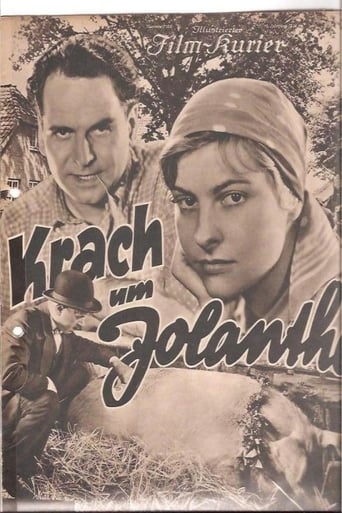
Anna
1934
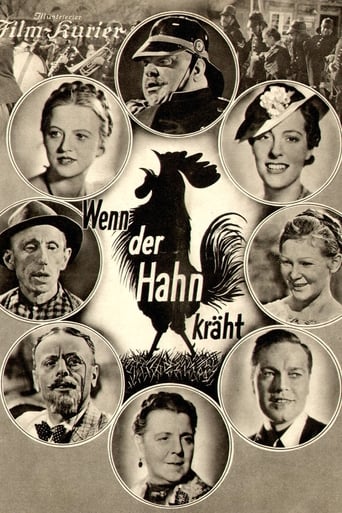
Marie
1936
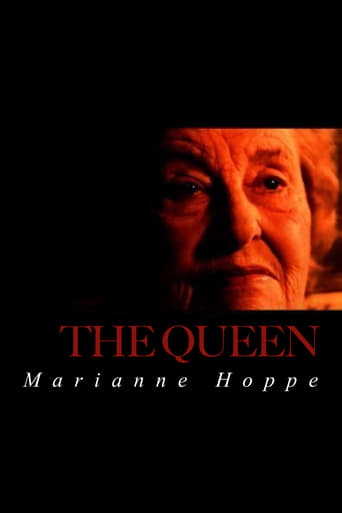
2000
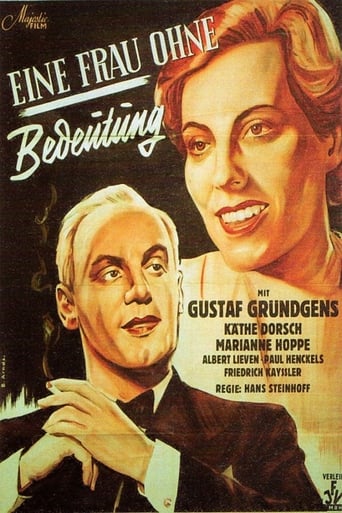
Hester
1936
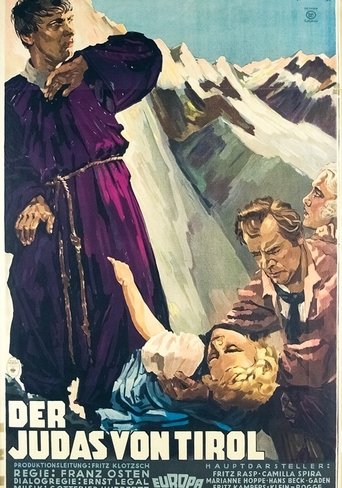
Josefa
1933
Ursula Diewen
1933
Käthe Liebenow
1935

